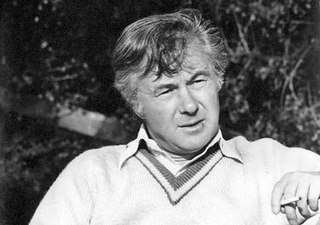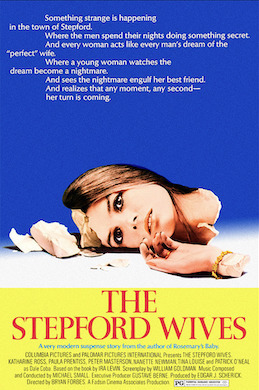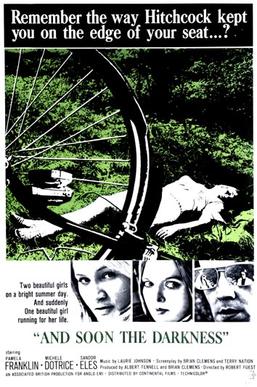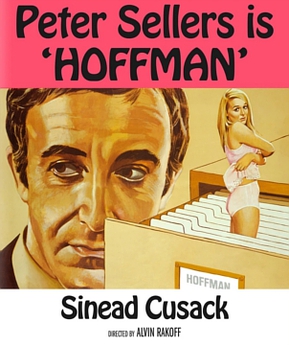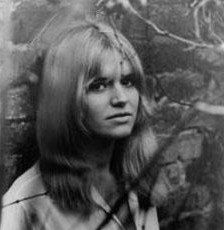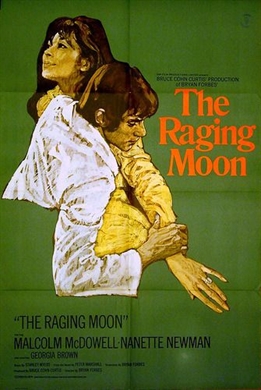Plot
Dulcima Gaskain is the eldest daughter of a large, poor Gloucestershire farming family, with a father who ill-treats her. Visiting their neighbour, Mr Parker, she finds him unconscious in the farmyard, having drunkenly fallen and cut his head. She discovers his hat is stuffed with cash, and, despite his curmudgeonly attitude, volunteers to clean and tidy his filthy, chicken-ridden house.
Parker is a widower, and he eventually agrees to her suggestion that she become his housekeeper. His sexual interest in Dulcima is aroused when she arrives for work on a warm day with her blouse top open and revealing her cleavage. Dulcima fends him off by creating a fictitious boyfriend, 'Albert', inspired by a male model she has seen in a magazine.
Showing off, Parker introduces Dulcima to his shady dealings at the local livestock auction. As her employment continues, he neglects to pay her, but she keeps a careful tally of what he owes her.
Parker tries to spy on Dulcima as she bathes, and invites her to join him for a beer in the parlour, but she excuses herself. While house cleaning, she discovers that Parker has a lot of cash stowed away in various hiding places, and she begins to encourage his increasingly lustful interest, from time to time reminding him he owes her wages, but he always deflects her reminders. Eventually, she shares his bed, but she continues to call him 'Mr Parker'.
Out walking one day, Dulcima encounters Ashby, a young gamekeeper who resembles her fantasy boyfriend 'Albert'. He asks her to pass on his request to enter Parker's land when his pheasants stray there, but she never does, and when Parker later sees him on his farm property as he tries to round up some of his birds, he shows his displeasure.
When Parker finds her apparently packing to leave, she again mentions ‘Albert’ and the money Parker owes her. Panicked, he agrees to pay, and she claims £40 rather than the £20 or so she has recorded. But Parker under-pays her, so she later helps herself from his hidden cash hoard. She spends money on a hair-do, fashionable clothes, make-up and shoes. Parker is impressed by her transformation and begins to lessen his miserliness.
In town, Dulcima spots Ashby and purposely gets the same bus home as he does and they exchange glances. Getting off the bus at the same stop, they chat as they walk along the track which leads to both of their dwellings, and he picks some wild flowers and gives them to her.
Later, responding to Ashby's invitation, Dulcima goes to Ashby's cottage, and they have tea together.
Parker begins repeatedly asking Dulcima to marry him, but she keeps saying she wants to wait a bit. As part of his attempts to persuade her, he buys a TV set so that they would have something to do on winter evenings when they are married, and promises her more money, even revealing the hoard of cash which he is unaware she already knows about.
Later, on an impulse, Parker rushes into town as the shops are closing for the day, and buys a wedding dress for Dulcima and puts it into a gift box. But when he invites Dulcima to see what he has for her, she tells him she is going out to visit her family. Suspicious because she is dressed up in some of her new clothes, he follows her and sees her meet Ashby in a field, kiss him and head off toward his house. Parker presumably believes this is "Albert", whom he has never knowingly seen. Ashby and Dulcima go dancing. Parker gets drunk and becomes violent and abusive when she returns. She says she will leave in the morning and locks herself in her room. Parker smashes up the living room, including the new TV, and tears up the unwanted wedding dress, but then remorsefully pleads forgiveness through her locked bedroom door. She remains silent.
Next morning, Dulcima sees Ashby come into the farmyard through her bedroom window. Going downstairs, the sight of the ruined wedding dress and a wedding ring in a box move her to tears. There is no sign of Parker. Joining Ashby outside, she tearfully tells him she cannot go with him as she is too worried about Parker. Ashby says "You'd better stay then", just before Parker shoots him dead from an attic window.
Reception
Bryan Forbes later wrote "Frank was another young director starting out on a career and again I felt he showed great promise in his handling of this melodramatic, bucolic tale, shot entirely on location. But as with And Soon the Darkness [another film Forbes greenlit at EMI], the cinema and distribution arms of the company showed no great enthusiasm for either film. Purely from a commercial standpoint it seemed an irresponsible waste of the shareholders’ money. Properly marketed with a little imagination and given a chance to succeed, their fate could have been quite different." [13]
The film was the British entry at the Berlin Film Festival in June 1971 where it was reviewed by Daily Telegraph's movie critic, who felt Mills was miscasts. [14] The Guardian called it "a kind of reverse Lady Chatterley's Lover " which was "competently, if boringly made." [15] It was eventually released in British cinemas in April 1972. Reviewing it again the Daily Telegraph called it "an entirely honorable failure." [16] Sight and Sound said "the script swerves uncertainly between women’s mag sentimentalism and brooding tragedy, and the prettiness of the locations does much to dissipate both moods." [17]
Filmink later wrote "Dulcima, like Hoffman, was an inexpensive drama, which had been previously filmed for TV about a horny older man going for a younger woman... Also, like Hoffman it was a “small target film” i.e. where everything has to come off for it to work (script, casting, handling). Also, like Hoffman I don’t think it does and no one went to see it... for the life of me I can’t imagine why Forbes wanted to make one drama about a creepy middle aged man who chases after young girl let alone two. Sure, it’s cheap but does anyone like that story ever, unless it’s in the form of a thriller or a horror where we identify with the girl? And it’s not as though EMI had that much competition for story material in 1969 – were there no other scripts available?" [18]
White later wrote that Dulcima "was a good film, like many good films, but it still lacked the magic ingredient that made those reels of celluloid. into cinema history." [19] Mills' biographer argued "the story suffered from neither relationship being believable; nor did the two young actors have the weight to carry the abrupt and melodramatic climax which was straight out of a Victorian novel... What Dulcima really needed was a French treatment by Marcel Pagnol and a director like Claude Berri of Jean de Florette fame." [20]



